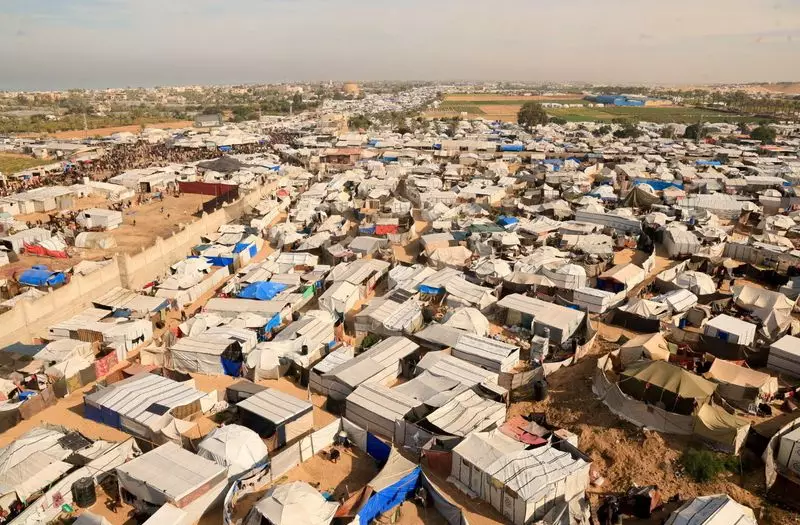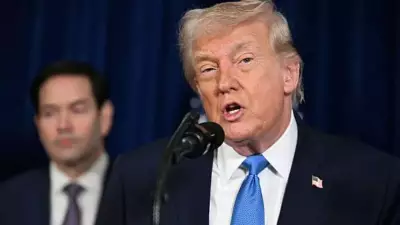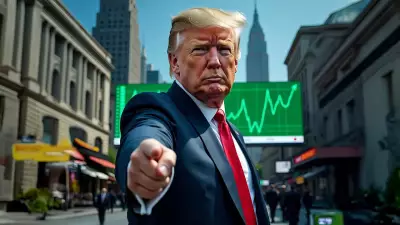
India has made a powerful appeal at the United Nations Security Council, demanding that international sanctions regimes must not obstruct the delivery of crucial food aid to vulnerable populations worldwide. The strong statement came during a high-level debate on conflict-induced food insecurity that saw participation from numerous member states.
India's Firm Stance on Humanitarian Exemptions
Deputy Permanent Representative of India to the UN, Ambassador R. Ravindra, delivered India's position with clarity and conviction. He emphasized that while sanctions serve as important tools for the Security Council, they must include appropriate humanitarian exemptions. The Indian diplomat stressed that these measures should never block life-saving food assistance from reaching those who need it most, particularly in conflict zones and economically strained regions.
The debate, chaired by United States Secretary of State Antony Blinken, focused on the growing connection between armed conflicts and food insecurity globally. Ambassador Ravindra pointed out that existing UNSC sanctions already contain humanitarian carve-outs, but their implementation often faces practical challenges that need urgent addressing.
Growing Global Food Insecurity Crisis
India's intervention came against the backdrop of alarming global food security statistics. Recent reports indicate that nearly 60% of the world's hungry people live in conflict-affected zones. The situation has been further exacerbated by the COVID-19 pandemic and ongoing geopolitical tensions that have disrupted global supply chains.
Ambassador Ravindra highlighted that food insecurity has increased significantly in recent years, with millions facing acute hunger. He noted that this crisis demands collective action and practical solutions rather than rhetorical commitments. The Indian representative called for strengthening humanitarian assistance mechanisms while maintaining the effectiveness of sanctions as diplomatic tools.
Call for Balanced Approach to Sanctions
India proposed a balanced approach that would allow sanctions to achieve their intended political objectives without causing collateral damage to civilian populations. The Indian delegation emphasized the need for regular monitoring and review of sanctions regimes to ensure they don't inadvertently harm food security and humanitarian operations.
Ambassador Ravindra also highlighted India's own contributions to global food security, noting that despite pandemic challenges, India has continued to supply food products to numerous countries facing shortages. This demonstrates India's commitment to global stability and its role as a reliable partner in international food security efforts.
The Indian position received support from several other council members who acknowledged the need for more nuanced sanctions regimes. Many delegates expressed concern that without proper humanitarian exemptions, sanctions could worsen already dire situations in conflict-affected regions.
As the Security Council continues to debate this critical issue, India's strong advocacy for balanced sanctions that protect humanitarian space is expected to influence future policy discussions. The country's stance reflects its growing leadership role in global governance and its commitment to addressing humanitarian concerns within international security frameworks.





